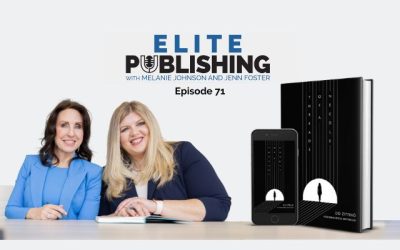5 Tips for Hiring a Freelance Editor
by: Jacquelin Cangro
Freelance editors are not cut from the same cloth. Before you entrust your prose to just anyone, consider these tips for hiring a freelance editor:
TIP #1: Know the editor’s specialities. Not every editor can help you with any type of book. Editors may work in several genres, but most specialize. For example, I would not be a the right editor for you if you’re working on a script or with material for a highly technical textbook, but I love working with memoirs and novels. Also, some editors will happily review book proposals and query letters, while others won’t tackle these kinds of materials. An editor may be able to recommend a colleague to fit your needs.
TIP #2: Request a test edit. It can be expensive to hire a freelance editor. Before you do, it’s perfectly reasonable to ask for a 2-5 page test to get an idea of what you can expect in terms of notes and manuscript work.
TIP #3: Make sure the rates and terms are agreed upon before the work begins. Depending on the type of editing services you need, the rates are usually hourly for proofreading / content editing and standardized for query letters or book proposals. Once an experienced editor takes a look at your manuscript, she should be able to give you an estimate of how long it will take to complete the editing. This is just an estimate of course, but a good editor will communicate with you if she determines that it will take longer than expected. Most editors request that payments be made in two installments: the first 25% (or 50%) when you submit your work and the balance upon completion. If you need your pages returned in a hurry, an editor may be able to accommodate a quick turnaround for a extra rush fee.
TIP #4: Make sure you and your editor are on the same page (figuratively speaking). This tip is two-fold. First, understand what you need from an editor. Take some time to think about what kind of assistance would most benefit your manuscript. Is your grammar lackluster? Does the plot seem to falter around page 200? Are the character’s motivations feeling flat? Knowing where an editor should focus her energy can be especially helpful in addressing specific concerns. If you need a book proposal or synopsis review, it’s a good idea to find an editor who has written one herself (like me!) or who has experience in pitching them (such as a literary agent-turned-editor). Second, find an editor with whom you have a connection. This isn’t to say that you and your editor need to be best friends, but you are likely turning over work that is very precious to you. You’ve spent hours upon hours writing it, fretting over it, and tweaking it just so. You and your editor should be on the same team. That leads me to…
TIP #5: Be prepared for honesty. Even though you’re teammates, your editor’s job is to be truthful (and blunt when necessary) when it comes to your work. If it’s not ready for publication or an agent, she should tell you so. You’re paying for an honest evaluation of the work that needs to be done to make your manuscript the best it can be. That said, comments should never be mean-spirited. Also, keep in mind that it’s not your editor’s job to rewrite your pages. For example, if your editor suggests that the character of Sally is flat, she may provide suggestions on how to make Sally a more well-rounded character, but she won’t reinvent Sally for you. As the author, that’s your domain.
If you have questions or would like to inquire about hiring Jacquelin Cangro to edit your manuscript, please use the contact form here to get in touch. Or call Elite 1(832) 572-5285 to get access to our Ghostwriters & Editors.




0 Comments